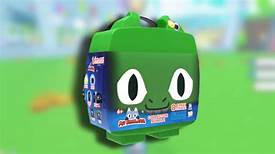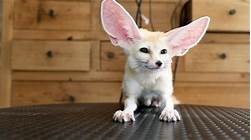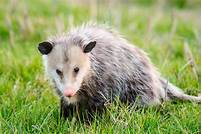Suitable Reptile Pets: Considerations and Top Choices
Reptiles, known for their captivating appearances and diverse species, have gained popularity as unique and fascinating pets. If you're considering adding a reptile to your household, it's essential to do your research, understand their specific needs, and choose a species that fits your lifestyle and experience level.

Factors to Consider When Choosing a Reptile Pet:
1. Research and Knowledge: Before bringing home a reptile, it's crucial to thoroughly research their species, temperament, diet, habitat setup, and potential health issues. This knowledge will help you create a suitable environment and provide the best care for your pet.
2. Appropriate Habitat: Each reptile species has specific habitat requirements. Research their natural habitat, climate, and space needs. Setting up a well-equipped terrarium or vivarium that mimics their natural environment is essential for their well-being.
3. Proper Diet: Reptiles have varying dietary needs, ranging from insects and small mammals to fruits and vegetables. Providing a balanced and nutritious diet tailored to your pet's species is essential for their health and longevity.
4. Handling and Interaction: Some reptiles enjoy human interaction and handling, while others may be more reserved. Understand the temperament and handling tolerance of the species you're considering. It's important to treat your pet with respect and avoid stressing it.
Top Reptile Pet Choices for Beginners:
1. Leopard Gecko:
1. Characteristics: Leopard geckos are small, colorful, and relatively easy to care for. They are docile, handleable, and suitable for beginners.
2. Habitat: They require a terrarium with a warm side, cool side, and proper humidity. Providing hides, climbing structures, and a shallow water dish is essential.
3. Diet: Leopard geckos are primarily insectivores, eating crickets, mealworms, and dubia roaches. They may also consume occasional fruits and vegetables.
2. Bearded Dragon:
1. Characteristics: Bearded dragons are friendly, active, and entertaining reptiles. They are diurnal, meaning they are awake during the day, making them interactive pets.
2. Habitat: These reptiles need a spacious terrarium with a warm side, cool side, and a basking spot. They also require UVB lighting and a substrate that allows for digging.
3. Diet: Bearded dragons are omnivores, consuming a variety of insects, vegetables, and greens. They need a balanced diet to maintain their health.
3. Corn Snake:
1. Characteristics: Corn snakes are docile, non-venomous snakes suitable for beginners. They come in various colors and patterns, making them visually appealing.
2. Habitat: These snakes require a terrarium with a secure lid, a warm side, and a cool side. Providing hiding places, a water dish, and appropriate substrate is important.
3. Diet: Corn snakes are carnivorous, eating rodents such as mice and rats. They typically eat once a week.
4. Red-Eared Slider Turtle:
1. Characteristics: Red-eared slider turtles are semi-aquatic turtles known for their vibrant red markings on their ears. They are hardy and have a long lifespan.
2. Habitat: These turtles need a spacious enclosure with both a water section and a dry basking area. Providing a water filter, basking lights, and appropriate substrate is crucial.
3. Diet: Red-eared slider turtles are omnivorous, eating a variety of aquatic plants, vegetables, fruits, and insects.
Remember, choosing a reptile pet is a long-term commitment, and it's important to provide proper care and attention throughout their lifespan. Before bringing home a reptile, ensure you have the time, resources, and knowledge to give your pet the best possible life.Declaration: All article resources on this website, unless otherwise specified or labeled, are collected from online resources. If the content on this website infringes on the legitimate rights and interests of the original author, you can contact this website to delete it.






